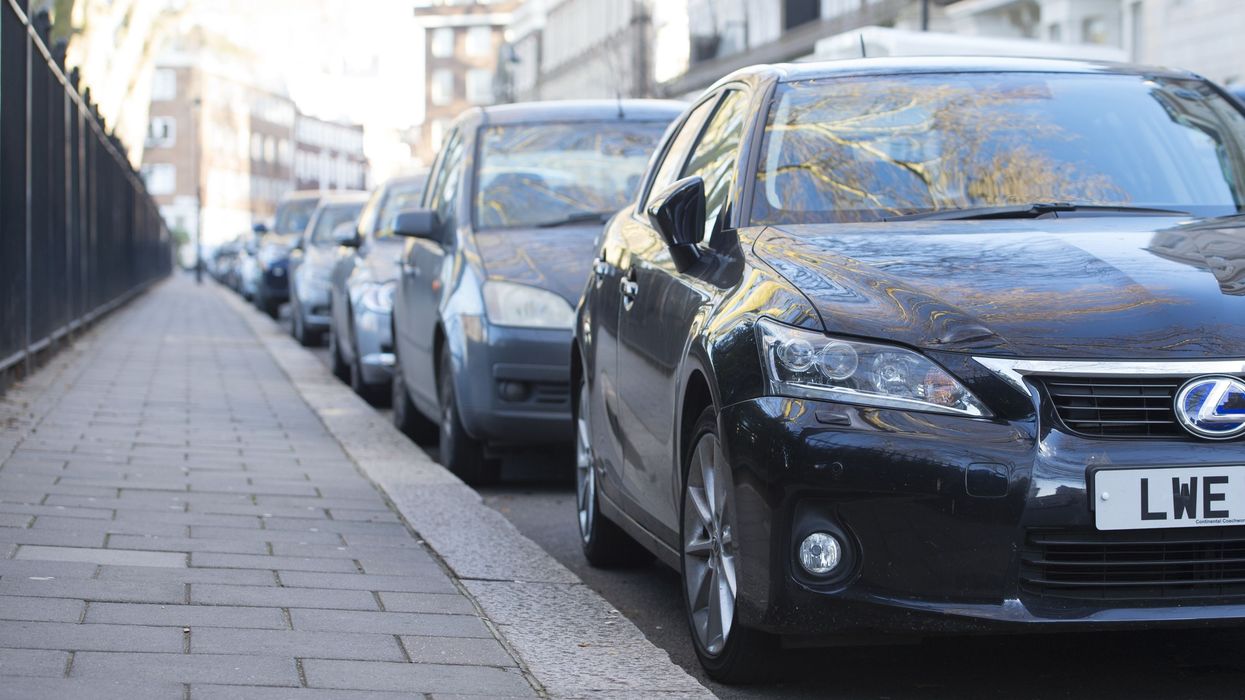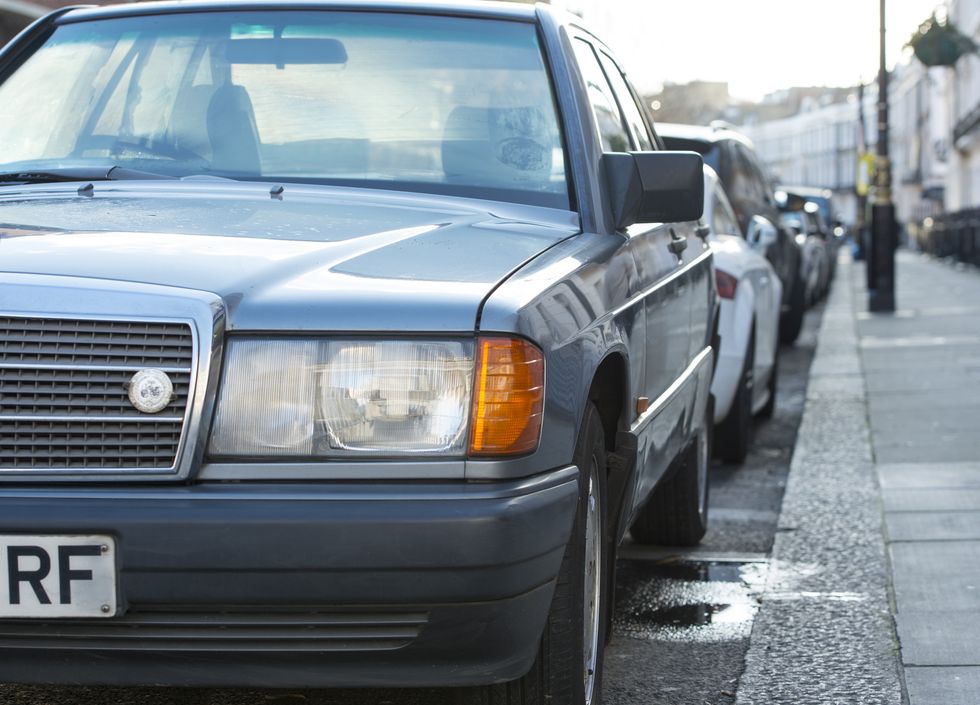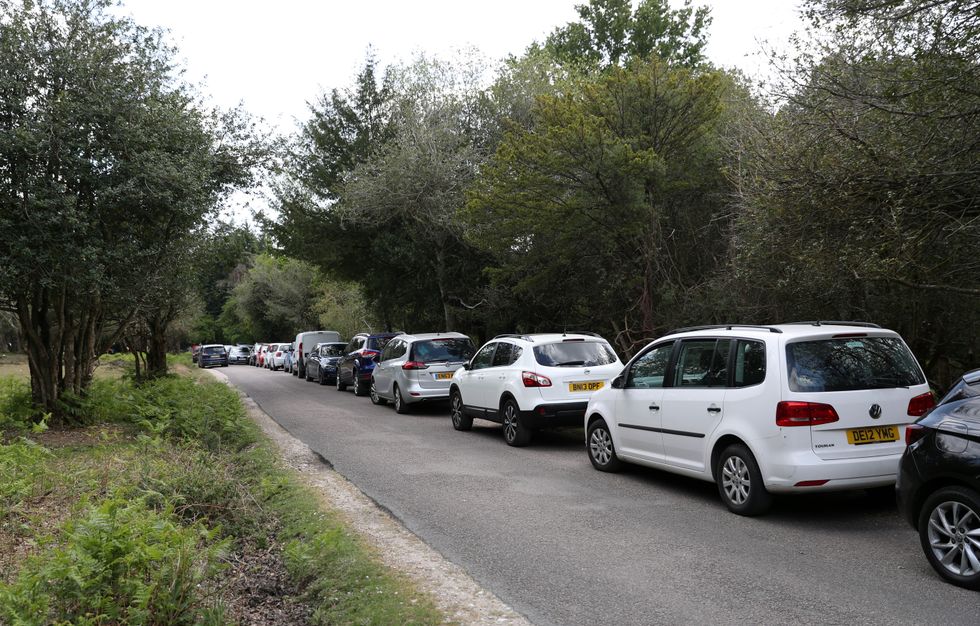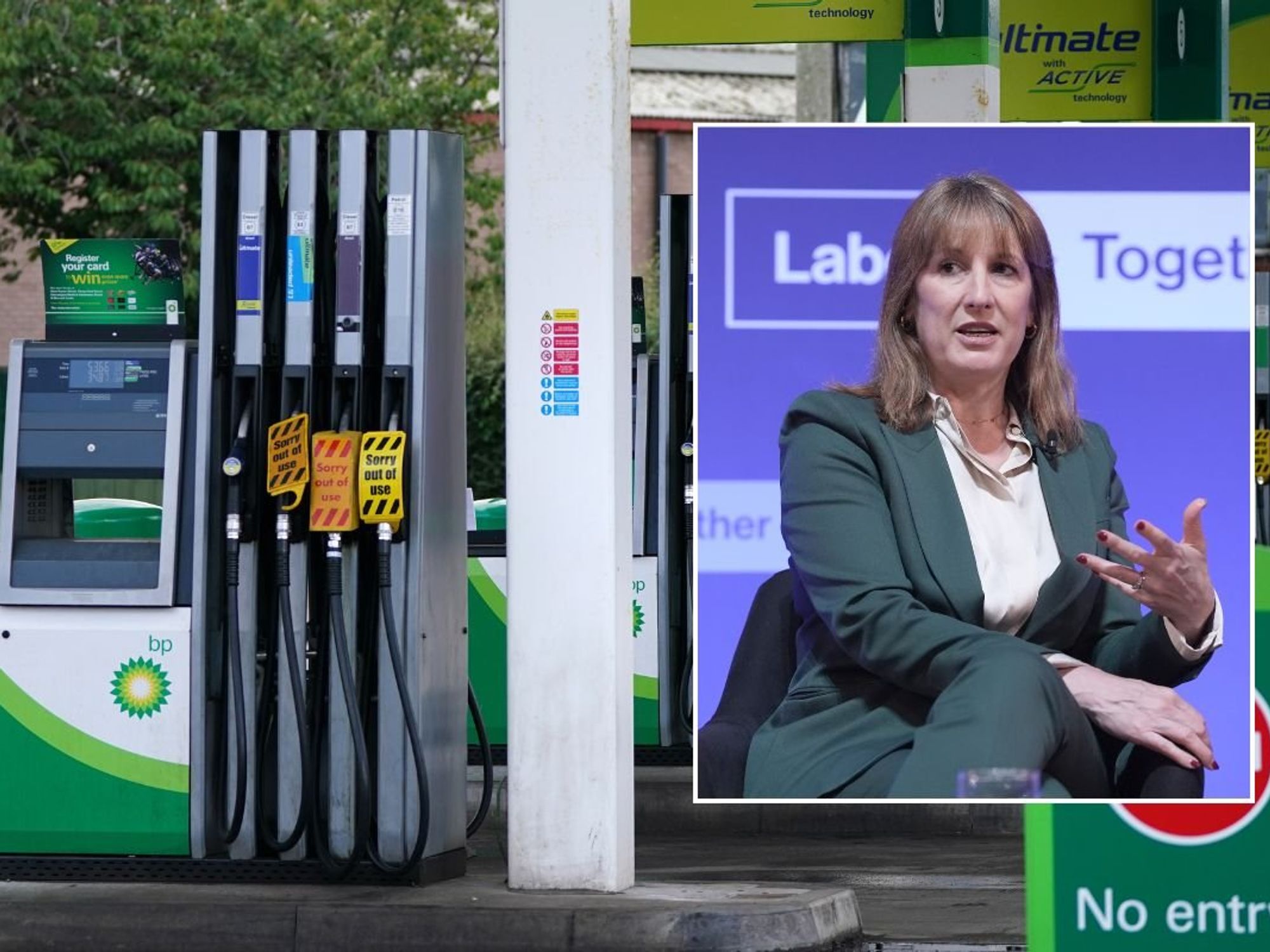Petrol and diesel drivers face sixfold price increase in emissions-based parking charges

Some drivers will face massive price rises
|PA

Owners of more polluting vehicles could be hit with expensive parking charges under new measures
Don't Miss
Most Read
Latest
Hackney Council has introduced a number of new measures aimed at cutting emissions in the area and developing the borough into a more environmentally friendly place.
One of the methods includes penalising drivers with older and more polluting vehicles, with extra costs for diesel motorists.
The Council announced it would roll out new fixed prices for parking permits over the next seven years.
Some drivers could be hit with rising costs of more than £200 to over £1,200 by the end of the decade.

Hackney is aiming to slash emissions rates in the borough
|PA
Under the new charges, a parking permit for the most polluting diesel vehicle will cost £213 in 2023 but will rise to a staggering £1,249 by 2030.
Alongside the rising permit costs, a further £200 surcharge will be levied on the most polluting diesel vehicles.
This will increase by £50 every year until the end of the decade, with diesel vehicles potentially paying an extra £500 when compared to other vehicles.
Petrol owners also risk massive price jumps, with costs potentially increasing four-fold from £97 to £433 in five years.
While electric vehicles will also face rising costs, the charge is only £50 and will increase by just £4 in the years until 2028.
The borough is committed to providing over 3,000 on-street public electric vehicle charge points by 2030 in the hopes of getting people to adopt EVs.
With the new charges, drivers are being recommended to take action to avoid the expensive charges and save money.
This could include being a part of a car club, cycling and walking more often or even buying a greener, less polluting vehicle.
Councillor Mete Coban MBE, cabinet member for environment and transport at Hackney Council, praised the borough for being one of the greenest in the country.
He added: “These plans set out the next stage of our ambitions to reduce traffic and pollution; get everyone travelling healthily; and create liveable neighbourhoods that support this switch.”
Cllr Coban said that a number of other transport and mobility services would be rolled out, including “distance-based road user charging”, with nearly all of the borough set to have low traffic rates.
In addition to this, 4,000 new cycle parking spaces will be developed alongside every primary school being designated as a School Street.
LATEST DEVELOPMENTS:

Even electric vehicles will see permit prices rise
|PA
Over the past five years, the Council has introduced 19 new low traffic neighbourhoods where through-traffic is restricted to encourage people to walk or cycle.










